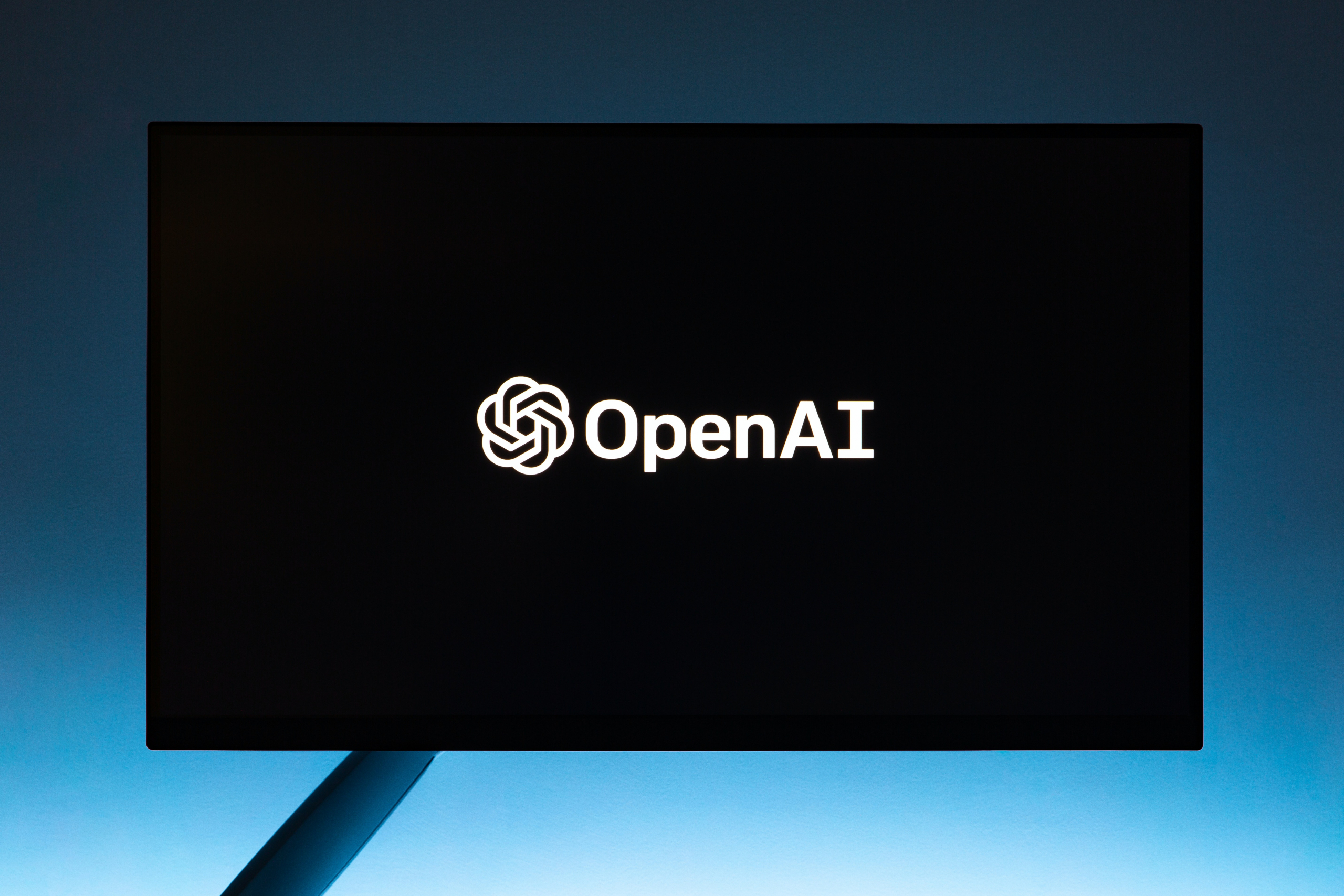March 16, 2023
OpenAI Unveils GPT-4: The Multi-Modal AI Language Model of the Future
Book a Demo
OpenAI, the leading research organization in the field of artificial intelligence (AI), has recently announced the release of its latest language model, GPT-4. This cutting-edge AI technology is designed to improve on the abilities of its predecessor, GPT-3, by incorporating advanced multi-modal capabilities.
The Washington Examiner reports that GPT-4 is expected to be one of the largest and most powerful AI language models ever created. This AI model has the potential to revolutionize the way we communicate and interact with machines by providing a more natural and human-like experience.
According to Yahoo Finance, GPT-4 is capable of processing and analyzing vast amounts of data across multiple modalities, including text, images, and audio. The model has been trained on a diverse range of data, including books, websites, and other digital content. This broad training enables the model to better understand the nuances of language and improve its performance across various tasks, such as natural language processing, translation, and summarization.
One of the most exciting features of GPT-4 is its ability to generate multi-modal outputs. This means that the AI model can produce a range of outputs, such as text, images, and sounds, based on the input it receives. As Engadget reports, this feature has the potential to transform the way we use AI technology by enabling us to create more immersive and interactive experiences.
The release of GPT-4 marks a significant milestone in the field of AI research and development. As the technology continues to advance, we can expect to see more sophisticated AI models that are capable of processing and analyzing even larger volumes of data across multiple modalities.
While GPT-4 holds great promise, it is important to recognize that this technology also raises important ethical and social concerns. As AI technology becomes more advanced, we must be mindful of its potential impact on society and take steps to ensure that it is developed and deployed in a responsible and ethical manner.
OpenAI’s GPT-4 is a groundbreaking AI technology that has the potential to transform the way we communicate and interact with machines. Its advanced multi-modal capabilities have the potential to unlock a new era of immersive and interactive experiences. As this technology continues to evolve, it is important that we approach it with a responsible and ethical mindset to ensure that its benefits are realized while minimizing any potential risks.



